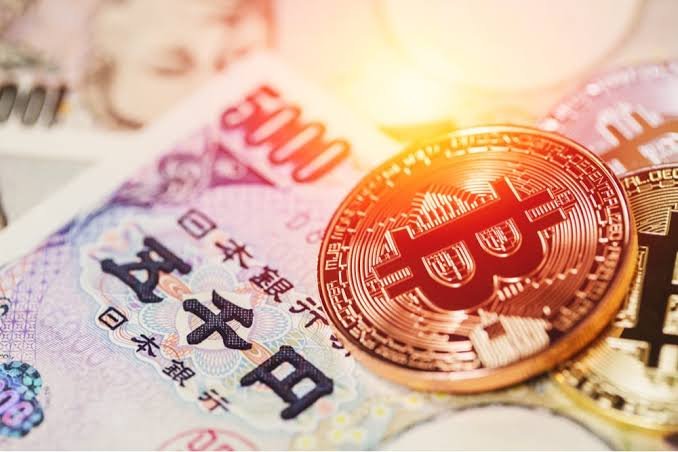Japan may welcome huge numbers of crypto assets under new policy

As per current Japanese policies in action, crypto exchanges have to wait months for the screening process before they could list any small or medium tokens. But this situation could change into something different, where crypto assets will find easy path to enter in the crypto market of Japan.
The nation’s watchdog, The Japan Virtual & Crypto Asset Exchange Association (JVCEA), is responsible for overseeing the digital coin listings on the local exchanges that are operating in the region, according to a recent source JVCEA would be loosening the screening process for the listing in the future.
From those who are aware of this, the self-regulatory body JVCEA, will move away from the current attitude of focusing on the listing process. Instead, from now on it oversees the industry “polishing assets after they are listed.”
Partner exchanges who trade with problematic currencies on their platforms will need to remove them if problems come up with that currency. Adding more to it, even if the screening process is to be removed, trading platforms are legally required to report any listing plans to regulators.
The new measures would not apply to initial currency submissions (ICOs) and a final decision would be made by the end of the year, as indicated by the source.
The new adjustment to the process comes after Prime Minister Fumio Kishida criticized the current screening process for preventing local crypto companies from developing due to inefficient policies. However, he said and stressed that the association should adhere to consumer protection principles.
JVCEA announced a new policy, earlier this year, that would further allow members to transfer green-listed cryptocurrency options without the need for screening. Prior to this, the inventory process could take six months or more which was a time-consuming process that crypto companies believe could stifle industry growth.
GMO Coin Inc, of the largest crypto exchange in Japan with just 21 cryptocurrencies. CoinBase on the other hand offers its customers more than 100 assets compared to US-based exchanges such as GMO. Because of having very few currencies are listed on their platforms, local exchanges are struggling to gain customers to face stiff competition from their foreign rivals.
Keeping in mind the recent Terra breakdown situation, the Japanese parliament reportedly passed a law that would allow these stable currencies to be better scrutinized, requiring such assets to be classified as the country’s national currency (yen) or any other another legal tender.
This is seen as a response to the catastrophe of a mismanaged algorithmic stable coin terra without reserve assets linked to fiat currencies. Japanese officials felt that such an initiative would improve consumer protection.
Read also: Binance seeks to secure 2 license in the Philippines

Comments